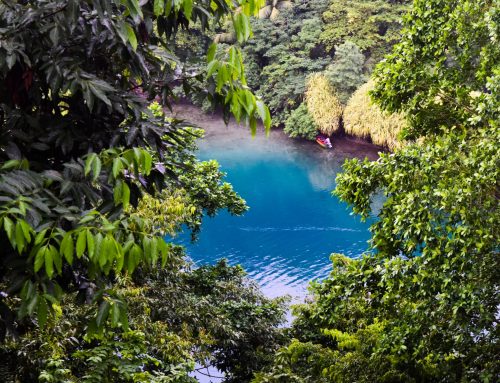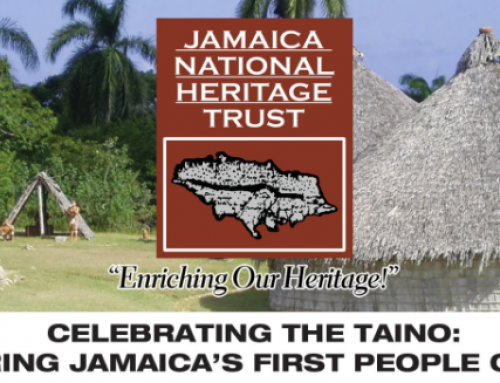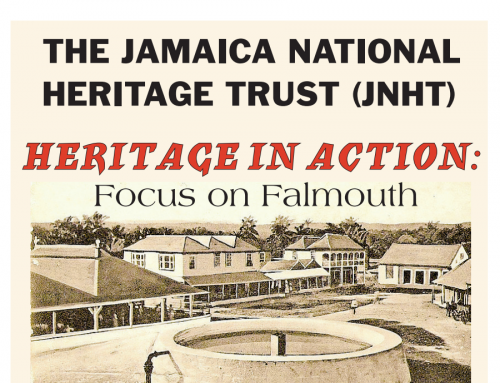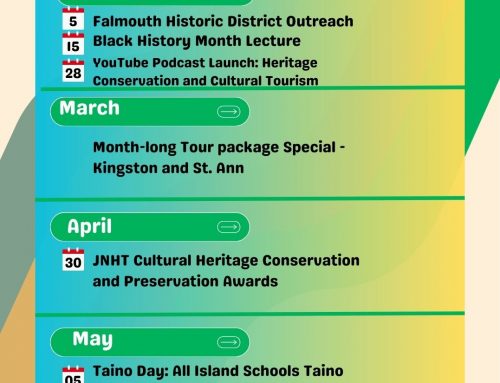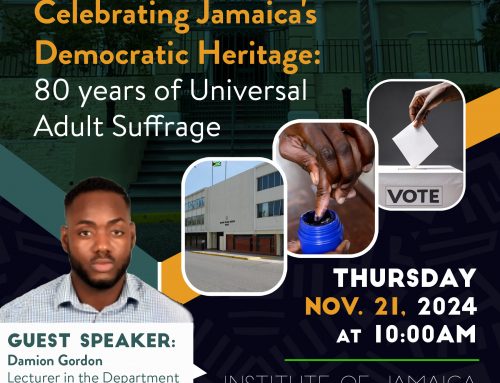Kingston, Jamaica:–
Chairman of the Jamaica National Heritage Trust (JNHT), Professor Verene Shepherd has challenged the organization to erect a freedom wall at the Seville Heritage Park in St. Ann where the names of the African ancestors can be recorded.
Professor Shepherd made this recommendation at the pre-emancipation symposium put on by the JNHT that was held on Sunday July 30, 2006 at the St. Ann Parish Library in St. Ann’s Bay.
Dubbed “Sounds of Freedom,” the symposium featured presentations from various panelists including, Mr. Dorrick Gray, Deputy Technical Director of Archaeology at the JNHT, Professor Frederick Hickling, Head of Psychiatry in the Department of Community Health and Psychiatry at the University of the West Indies, Mr. Bernard Jankee, Director of the African Caribbean Institute of Jamaica/Jamaica Memory Bank (ACIJ/JMB and noted composer and producer Mr. Herbie Miller.
Professor Shepherd who chaired the ceremony’s proceedings noted that the erection of the freedom wall is crucial in honouring the individuals who made such significant contributions to our culture and economy. “We need to honour all of our ancestors not just those who led revolts but also those who were on plantations as they were the ones who helped to boost the Jamaican and British economies.”
Professor Shepherd explained that the concept of the Freedom Wall or Wall of Remembrance would be to inscribe the names of our African ancestors so that visitors to the Seville site and by extension all Jamaicans can refer to them by their names instead of slaves or enslaved persons.
Panelist Dorrick Gray examined the African presence at Seville. Mr. Gray spoke on the early African presence and also on excavations that were done on the Seville estate where the remains of four Afro-Jamaicans were discovered. These remains were reburied at the front of the great house in a moving ceremony in 1997.
Mr. Jankee centred his presentation on ‘The persistence of memory.’ He gave a brief overview of the retention and adaptation of select ancestral traditions in the cultural heritage of Jamaica, touching briefly on the music and ritual practices evident in various parts of the country and whether or not the practices manifest resistance and freedom in the context of our colonial past.’
Musicologist Herbie Miller noted that in their personal and communal activities music and dance animated the determination for freedom in the slave’s life. Mr. Miller explained that it has been this steadfast belief in liberty and personal autonomy that has often been the content in song lyrics and musical expression, which has centered music and dance as acts of resistance.
The musicologist pointed out to the small gathering that music and dance have been instruments in the cry for justice and freedom in contemporary Jamaica as much as they have been for others in locations throughout the African Diaspora. “Certainly, for our ancestors, music and dance was crucial in the struggle for emancipation,” he noted.
“Sounds of Freedom” was the first event in the two day activities that the JNHT used to celebrate Emancipation Day. The event also saw performances from the Jamaica Regiment Band and the Jomimi group from Guadeloupe who performed Gwoka, their traditional music.
Other Emancipation activities were the much anticipated Emancipation Jubilee and a Freedom March which took place on the grounds of the St. Ann Parish Library.

